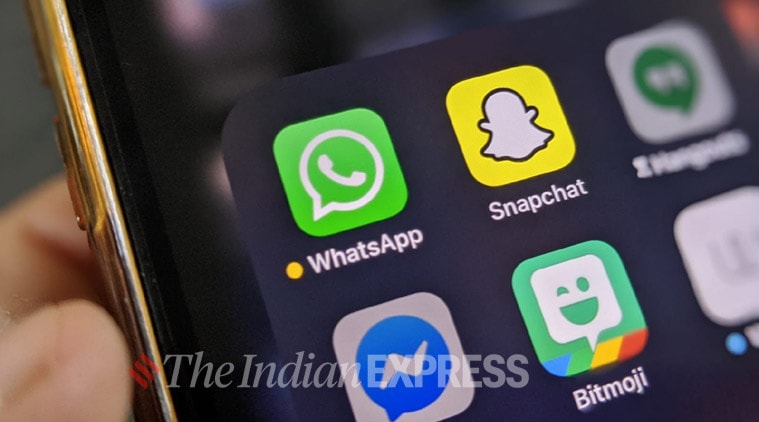
The Indian Express
New scam alert: Don’t share WhatsApp verification PIN with anyone
The scammers use WhatsApp logo as profile picture and this has prompted many unsuspecting users to provide their verification code.
by Tech DeskThe coronavirus pandemic and the resultant lockdown has given WhatsApp a 40 per cent surge in usage, according to a report by Kantar. It is already one of the most used instant messaging platform across the globe. And this has also made it a huge area of interest for hackers.
According to WABetaInfo, many users are seeing messages claiming to be from WhatApp’s Technical Team, and asking for the six-digit verification code sent to a user when they register their WhatsApp accounts.
The scammers use WhatsApp logo as profile picture and this has prompted many unsuspecting users to provide their WhatsApp verification code.
Keep in mind that WhatsApp Inc usually does not reach out to users. But, when it does, it will have a green verified tick next to it.
After getting the code, the scammers can take control of the user’s WhatsApp account and perform various tasks like sending out illegal messages, downloading all of your backup photos and more.
Also Read: WhatsApp for iPhone: 7 useful WhatsApp features we bet you didn’t know
If your WhatsApp account gets compromised, you will immediately be signed out of your current device. And should take action fast by reverifying your account back to your phone. As a security measure, broadcast the news of your WhatsApp account getting compromised to all your contacts.
WhatsApp never asks for a user to share their verification codes with anyone. On its FAQ page, the company says, “To keep your account safe, don’t share your verification code with others…When you receive this notification, it means that someone has entered your phone number and requested the registration code. This often happens if another user mistyped your number when trying to enter their own number to register, and can also happen when someone attempts to take over your account.”